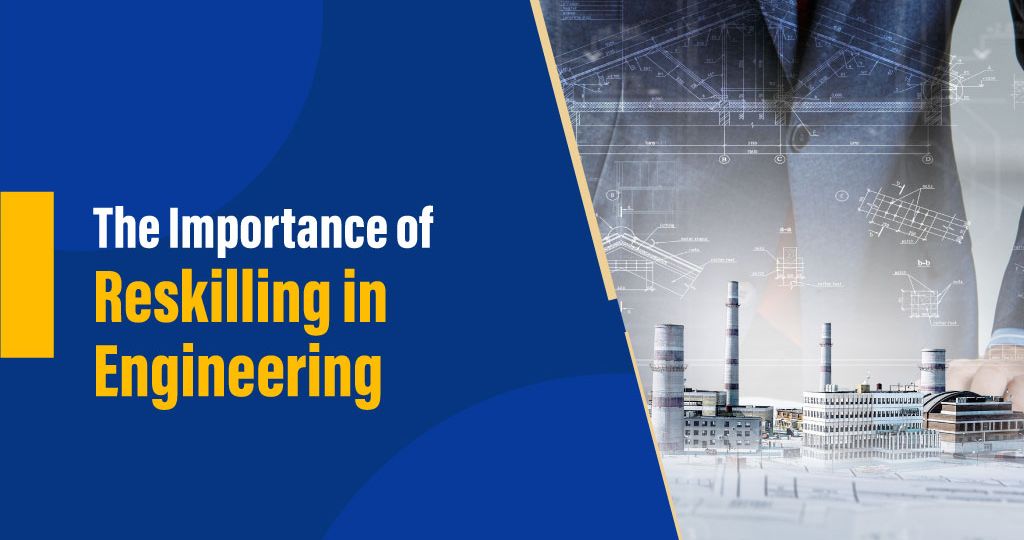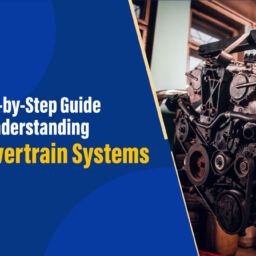
In the workplace, reskilling is essential due to growth and advancements in technological aspects. This will reflect in the evolution of job positions and responsibilities. Some may misinterpret that reskilling is essential for employees transitioning from one department to another. It means that employees are interested in learning and developing new skills that improve performance in their current position and open opportunities for promotion. Whether you completed your degree in the b tech IT colleges in Tamil Nadu or universities, reskilling is essential to becoming a professional in your field. Read this guide to understand the importance of reskilling in engineering students.
Define: Reskilling
Employees need to level up or update their skills through training to prepare them for considering different roles within the company. Why is reskilling essential? The common reasons for reskilling in engineering are when employees’ previous job responsibilities are irrelevant or due to technological advancements.
Difference between upskilling and reskilling:
Engineers need to upskill and re-skill, improving their skills to sustain in their field to meet current and future trends. Also, companies don’t like to lag, and they need to make robust decisions with these upskilling and reskilling approaches.
- Upskilling refers to employees needing to level up and update their skills whereas reskilling refers to building a whole set of new skills that helps in transitioning to a new role within the company.
- However, depending on the role and industry, the reskilling approach may work to fill critical skill gaps and retain talent.
- The upskilling approach is for existing employees not only to change their careers but also to adapt and thrive in their current roles and tackle new challenges and responsibilities.
- The reskilling approach is to learn entirely new skills that may relate to the existing position and prepare them for the job position in a different part of the organization.
Importance of reskilling:
- In recent times, the evolution of technology and the growth of automation has become a threat to employees. So, employees need to adapt and learn new skills that are relevant to their field.
- Reskilling is important for organizations to reduce the cost of hiring new employees. There is no guarantee that freshers or new employees can perform better than the existing employees. Also, existing employees’ work habits are familiar to employers, which makes reskilling them beneficial for better performance in their positions.
- When the employee retires or ages, they take skills with them requiring another employee to fill the position. Thus, reskilling is important.
- Nowadays companies or businesses are global and interconnected, needing employees to embrace different cultures and be flexible in working environments. Thus, reskilling is essential to provide cultural training.
Reskilling: Benefits for engineers
- Employees including engineers need to stay updated with the trends to gain the employer’s attention. Reskilling provides a competitive edge to obtain desirable positions and career advancements for engineers.
- Now, project growth and companies require innovative solutions, which are quite challenging. Thus, engineers need to adapt to new technologies with continuous learning and contribute to the project.
- When engineers continue to learn and develop their ability to think critically, problem-solve, and different approaches to resolving challenges with new directions.
- Engineers acquiring new skills helps to acquire eligible or advanced job positions and can enjoy increased earning potential.
- Also, they are flexible to adapt to the industry’s chances and are relevant to the evolving job market. Engineers can experience a diverse professional journey. Sometimes it is essential to explore new skills which leads engineers to discover new career paths.
Strategies to implement reskilling for engineers: Assessment:
In an organization, employers need to assess the employee with skill audits, employee surveys, and performance evaluations. It helps to know the gap between existing skills and future needs. This way, employers can develop a reskilling strategy.
- Training programs: Companies need to tailor the training programs to address the requirements. This involves offering a combination of online courses, workshops, seminars, and training opportunities that help employees learn different styles and preferences.
- Technology: Leverage technology-based learning platforms and tools using online and interactive learning sessions. Start learning the recent trends like virtual reality simulations, and AI-driven adaptive learning systems.
- Learning culture: By offering chances for learning and development, acknowledging and rewarding employees who make personal investments in their growth, and encouraging information exchange and teamwork among employees, organizations can cultivate a culture of learning.
- Continuous improvement requires the establishment of metrics to monitor the success of reskilling programs. Organizations can assess the effectiveness of their training programs and make necessary adjustments using metrics like employee satisfaction, retention rates, performance improvements, and the potential to fill internal job vacancies with current employees.
Conclusion: Upskilling and reskilling are buzzwords that are revolutionizing the future workforce. Engineers who complete their degrees from the best engineering colleges in Coimbatore need to commit to reskilling in engineering to have a desired job role. So, they can create a continuous learning mindset and embrace skill development which leads to continuous success.















